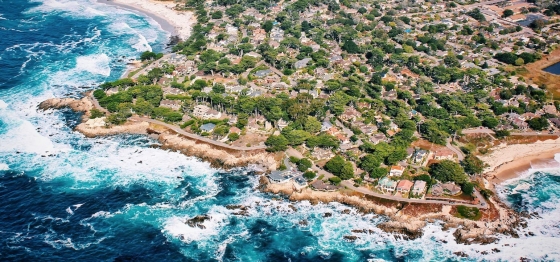Vincennes (IN) Weather and Climate: A Comprehensive Guide
The temperature in Vincennes can vary quite a bit throughout the year.
Temperatures can be very warm during the warmest months,
and cold during the cooler months.
It also has a notably wet climate with much precipitation.
Let's now guide you through the climate details for a complete overview.
Average maximum day and minimum night temperature
Visitors to Vincennes can expect significant temperature changes throughout the year. Average maximum daytime temperatures range from a very warm 31°C in August, the warmest time of the year, to a chilly 4°C during cooler months like January.
At night, temperatures typically drop to an average of around -6°C during these months. Check out our detailed temperature page for more information.Temperature ranges by month
Precipitation and rainy days
Vincennes is known for its substantial rain/snowfall, with annual precipitation reaching 1290 mm. Significant seasonal changes in precipitation occur throughout the year. During the wetter season, April receives high rainfall, averaging 147 mm of precipitation, recorded across 11 rainy days. In contrast, the drier season, February brings less snow/rainfall, with 61 mm over 10 snowy/rainy days. For more details, please visit our Vincennes Precipitation page.The mean monthly precipitation over the year, including rain, hail and snow
Forecast for Vincennes (IN)
partly cloudy and no rain
partly cloudy and no rain
clear and no rain
Select a Month of Interest
Check the conditions for any month of the year.
The best time of year to visit Vincennes in the United States of America
During the months of May and October you are most likely to experience good weather with pleasant average temperatures that fall between 20°C and 26°C.Other facts from our historical weather data:
August has an average maximum temperature of 31°C and is the warmest month of the year.
The coldest month is January with an average maximum temperature of 4°C.
April tops the wettest month list with 147 mm of rainfall.
February is the driest month with 61 mm of precipitation.
No idea where to travel to this year? We have a tool that recommends destinations based on your ideal conditions. Find out where to go with our weather planner.




